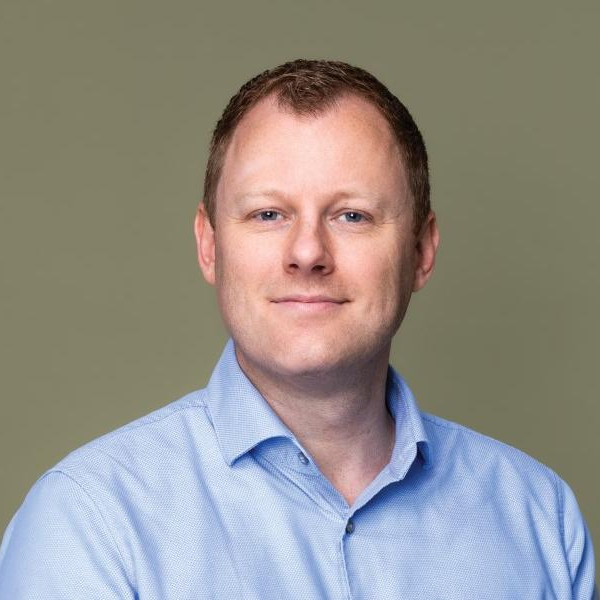Joris Schoolderman
Employee portrait

Joris Schoolderman
'Projects in other countries broaden your horizons'
With the group he created, Global Port Solutions, engineer Joris Schoolderman works on port projects all around the world. For him, a project is only truly successful when it has been fun to do.
World citizen
‘When I was five, we moved to the United States for my father’s job. Years later, I returned to the Netherlands to do a master’s in civil engineering. Immediately following my studies – now 15 years ago – I started working in the ports industry. Since then, I’ve regularly travelled abroad for Witteveen+Bos to places like the Middle East, Indonesia and Kazakhstan. I feel like a citizen of the world and enjoy working on projects with an international scope. Maybe that’s why I’ve always focused on projects involving ports. Ports are the primary connection between a country and the rest of the world.’
Own group
‘Recently, I started my own group, Global Port Solutions. Worldwide, ports are facing major challenges: ships are getting bigger and cargo loads are increasing accordingly. New ports are needed but, more importantly, existing ports need to expand. In other words, there’s a lot of work to do. I also see that many colleagues want to work abroad. Projects in other countries broaden your horizons. Take the ground beneath a quay wall, for example. In the ‘delta-rich’ Netherlands, we’re used to needing retaining walls, often constructed from foundation piles and sheet piling. In Oman, on the other hand, with its rocky surfaces, that doesn’t work.’
Sohar quay wall
‘During the corona pandemic, we started designing a quay wall for a port in Sohar, Oman. We did everything remotely – digitally. By the time travel restrictions were lifted, the design was almost finished, but we visited Sohar anyway. A pointless trip? No, not at all, it was very helpful to be able to look each other in the eye. For me, a project is successful when we’ve done the job to the client’s satisfaction and we’ve had fun. Those things go hand in hand, by the way, because when the relationship is good, you understand one another better and solve problems faster. Several trips to Sohar later, our client invited me to dinner at his home. We all sat on the floor around three big bowls of food. I’ll never forget that.’
More information?
